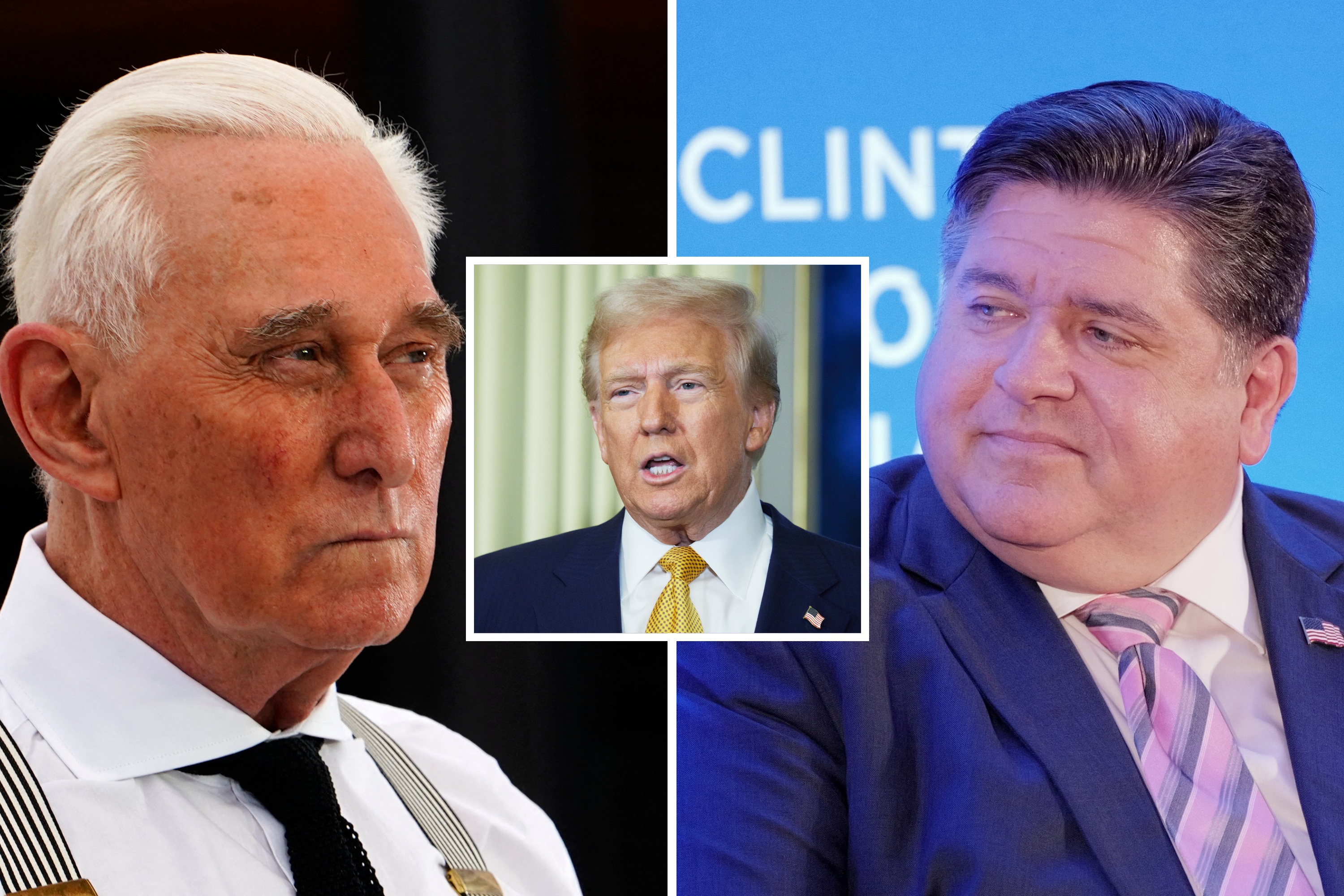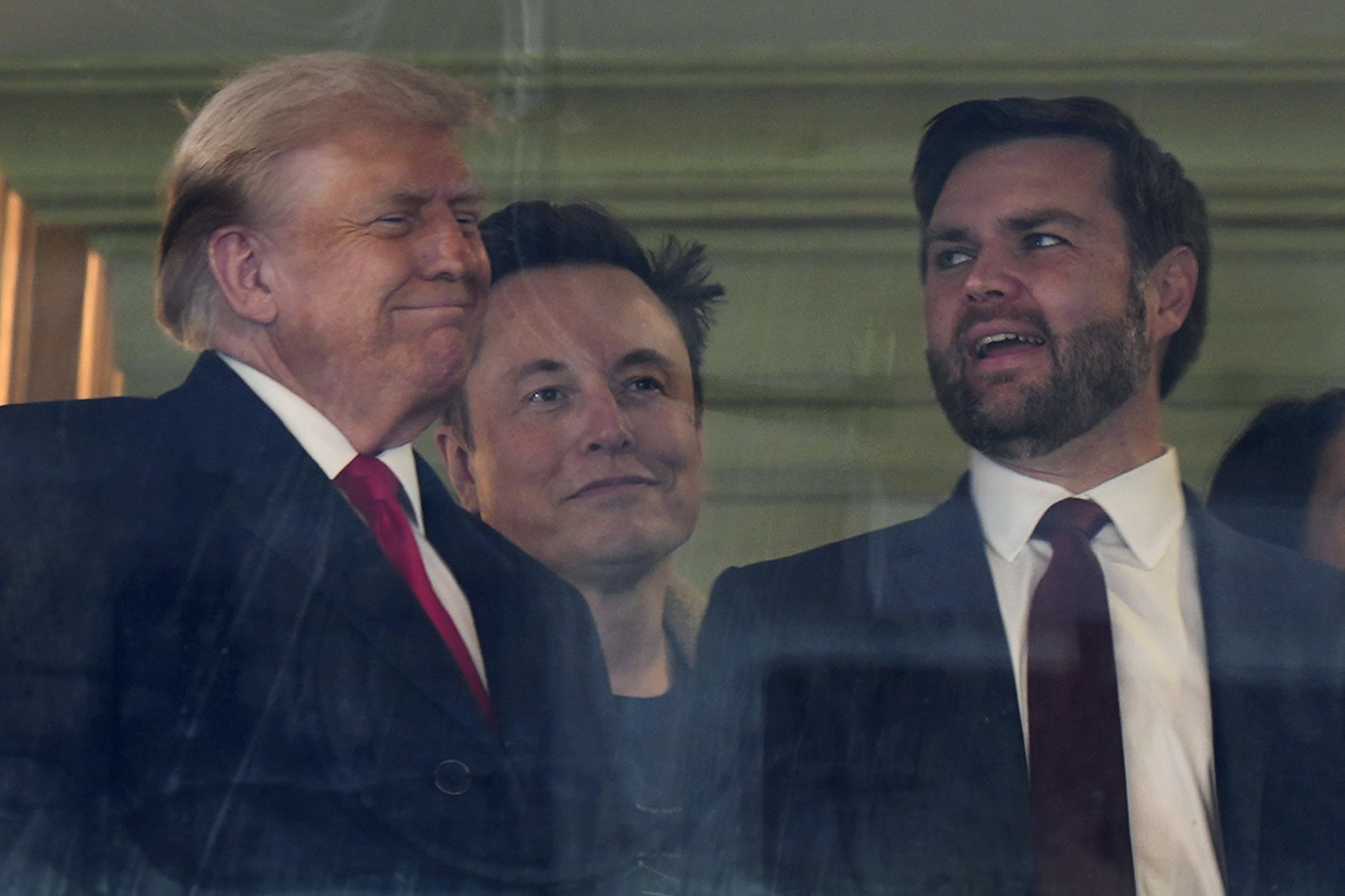What's New
A poll released Wednesday showed most voters may not be behind President-elect Donald Trump when it comes to ending birthright citizenship in the United States and mass deportation.
Newsweek reached out to the Trump-Vance transition team for comment via email.
Why It Matters
Ending the right to citizenship for children of immigrants has become a major talking point of the next administration's immigration policies after Trump said he was set on ending the precedent that has been in place for 120 years.
The Quinnipiac University poll is one of the first times voters have been asked directly about the potential change to a long-standing policy, which could affect children born to undocumented parents or those here on student or tourist visas.
What To Know
Of 924 voters, 63 percent said birthright citizenship should remain in place, granting any child born in the U.S. the right to an American passport. Meanwhile, 29 percent felt the system should be changed so that those born to noncitizens are not automatically eligible.
The question followed an NBC Meet the Press interview with Trump on December 8, in which he said: "We're going to end that because it's ridiculous," before claiming the U.S. was the only country in the world to offer birthright citizenship, which was incorrect.
Trump spoke of the idea before, during the 2024 campaign and his first presidency.
Millions of Americans will have been born under the precedent, which stems from the 14th Amendment and was affirmed by a Supreme Court case in 1898 (United States v. Wong Kim Ark), in which the court ruled a man born in San Francisco to Chinese parents was entitled to citizenship.
According to the American Immigration Council, several high-ranking lawmakers, including Texas Senator Ted Cruz and former South Carolina Governor Nikki Haley, would have acquired U.S. citizenship in this way.
The Quinnipiac survey, carried out between December 12 and 16, also asked respondents about mass deportations of undocumented migrants versus offering pathways to legal status. While 69 percent of Republicans said they supported mass deportations, overall, 55 percent wanted more legal pathways instead.

What People Are Saying
Trump detailed his timeline in a May 2023 campaign video: "On Day One of my new term in office, I will sign an executive order making clear to federal agencies that under the correct interpretation of the law, going forward, the future children of illegal immigrants will not receive automatic U.S. citizenship."
Eric Ruark, director of research for NumbersUSA, which argues for reducing immigration, told the Associated Press: "Simply crossing the border and having a child should not entitle anyone to citizenship."
Anthony Michael Kreis, a constitutional law professor, in a November 11 post on X: "Birthright citizenship is a foundational concept in American constitutional law. It is a betrayal of the 14th Amendment to suggest otherwise or that it can be discarded with ease. We settled any doubt about this in Wong Kim Ark in 1898. We should not budge one solitary inch."
The American Civil Liberties Union, on its website following Trump's latest interview: "The 14th Amendment ensures that no politician can ever decide who among those born in our country is worthy of citizenship. In the face of the Trump administration's threats, the 14th Amendment's protections continue to safeguard the rights of every person born in this country."
What's Next
Trump will return to the White House on January 20, 2025, but he will have limited power to end birthright citizenship. Only a constitutional amendment, notoriously challenging to achieve, could remove the protections. An executive order will not work.
The president-elect will likely sign other executive orders, enabling mass deportations and stricter border security—something he has promised will begin on Day One.




















 English (US) ·
English (US) ·